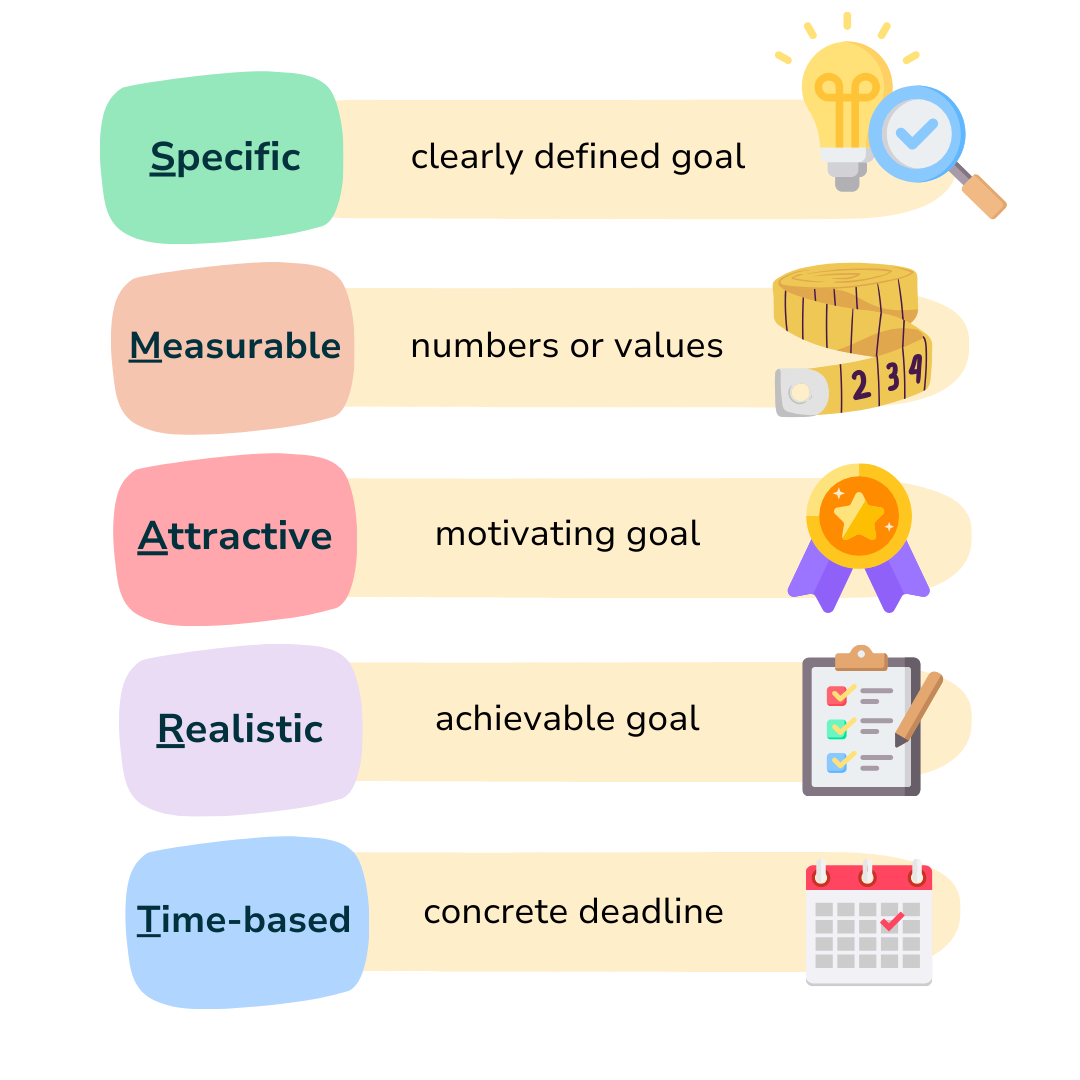“Don't put off until tomorrow what you can do today” - why we procrastinate and what you can do about it
14.03.2025 | Reading time: 4 minutes
“I'll start studying in five minutes!” ... “Okay, just one more episode. But then I'll really get started!” ... “Phew, already 6 pm. It's not worth it now... But I'll definitely start tomorrow!” Does this sound familiar?
Most of us experience the constant putting off of tasks, known as “procrastination”. Sometimes you keep putting off an important task until later. Sometimes you do all sorts of things instead of the task at hand, such as cleaning, vacuuming, tidying... There can be many reasons for this. Maybe it's the desire to achieve results or success as quickly as possible. Maybe it's very high demands on yourself that paralyze you. Perhaps it is the unclear task that makes it difficult to start a task. Whatever the reason, procrastination often means that you end up running out of time and things get really stressful. So, procrastination is a pretty nasty thing.
What can I do about procrastination and the stress that follows?
Good news! There is a great strategy that can help you overcome procrastination. The magic word is “SMART goal”! This method helps you to set goals that are as beneficial and achievable as possible. SMART stands for specific, measurable, attractive, realistic and time-based.

Specific means formulating the goal as clearly and precisely as possible. Instead of saying: “I want to study for the Italian test”, it is better to be more specific: “I want to repeat the Italian vocabulary words from page 100 in the book”.
Making a goal measurable helps to evaluate at the end whether you achieved it or not. You can do this by including numbers or values in the formulation of your goal, e.g: “repeat twenty Italian vocabulary words from page 100”.
Attractive goals are goals that motivate and have a clear benefit for a person. It often helps to think about why it is good in the long term to achieve the goal (even if it is annoying or exhausting at first) and to link it to a reward, e.g. like this: “I want to review twenty Italian vocabulary words from page 100 in the book so that I'm well prepared for the vocabulary test. As soon as I've done that, I'll watch an episode of my favorite series as a reward.”
A goal should be realistic. This means that a goal should be achievable. Think for yourself about what makes you feel better: with goals that are too big and that you won't achieve or perhaps with smaller goals that you can master and that give you a sense of achievement? If you take on too much, it can be quite stressful and demotivating.
To avoid the procrastination trap, it is important to set a time-based goal. This means setting an exact time when you want to complete the task, e.g. today at 1:30 pm.
Putting all the SMART components together results in the following plan: “Today at 1:30 pm, I want to repeat twenty Italian vocabulary words from page 100 in the book so that I am well prepared for the vocabulary test. As soon as I've done that, I'll watch an episode of my favorite series as a reward.”
With the help of the SMART goal, we have already formulated a very concrete plan from the original goal “I want to study for the Italian test”! That's much more motivating and achievable than the vague goal, isn't it? 😉
If you like to be more active, but are constantly procrastinating when it comes to exercise/sports, check out our eSano module "Give your mind a break - and get moving".